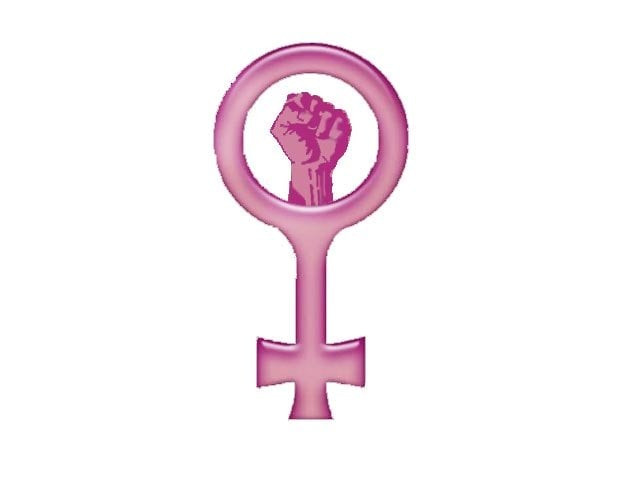Empowering the marginalised: ‘Land distribution helps women scale social ladder’
Speakers press government to initiate third phase of land distribution.

Speakers press government to initiate third phase of land distribution. PHOTO: FILE
This demand was made at the consultative workshop on ‘Land distribution among women in Sindh’ which was jointly organised by the Participatory Development Initiatives (PDI) and the Actionaid Pakistan on Thursday. The workshop had a two-pronged agenda and focused on two studies titled ‘Land Distribution among Women: Successes and Lessons Learned’ and ‘Land Distribution Programme: Impact, Issues and Challenges’. According to the two studies, the Sindh government has distributed 55,439 acres of land among 4,867 women and 1,266 men during the two phases of land distribution that continued between 2008 and 2010.

The study showed that the process is fraught with a number of problems which include distribution of uncultivable land, litigation by influential landlords against the women allottees, unavailability of irrigation water, fraudulently depriving women of ownership documents and other technical issues. Despite all these challenges, those who have been given land have seen their lives change for the better. The poor women have seen a significant improvement in the living standards of their households, decreased poverty levels, decreased food insecurity and bondage besides commanding a newfound respect in their immediate and extended family.
Pakistan Peoples Party Senator Saeed Ghani said that the scheme was a realisation of the late Benazir Bhutto’s dream to empower women. “The government would address all the issues highlighted and the third phase would start soon as promised,” he said. “The revenue department works like a mafia and it would be reformed to make the process of land allotment smoother.”
The participants called for a comprehensive land distribution policy and transparency in identifying the beneficiaries and proposed a joint committee comprising government officials, civil society members, representatives of farmer bodies and other stakeholders for the purpose.
They also put forward a proposal for establishing a land distribution monitoring and follow-up cell and a legal cell to provide legal support to the allottees. The Land Colonization Act, under which the land is distributed, also came under discussion and it was unanimously proposed that it should be amended and especially the section pertaining to the criteria of land distribution should be made clearer and pro-poor. Objections were also raised over distribution of land among the favourites and limited nature of the programme in only a few selected districts despite the fact that thousands of acres of government land remains under illegal occupation of influential people in other districts.
An allottee from Thatta, Khiran, summed up her own experience as bittersweet. Having had to haggle for her piece of land in courts in Thatta, Karachi and Hyderabad for over 18 months, she finally won the case and the land has changed her economic and social condition for the better. “It was a tiring experience. The system should be streamlined as poor women like me cannot afford expensive litigation.”
The workshop participants included Mahnaz Rahman from the Aurat Foundation, Nazir Azeez and Uroosa Khatti of Actionaid, Professor Aiaz Qureshi, Sikander Brohi from PDI, Legal Rights Forum’s Malik Tahir Iqbal, GN Mughal and others.
Published in The Express Tribune, June 29th, 2013.


















COMMENTS
Comments are moderated and generally will be posted if they are on-topic and not abusive.
For more information, please see our Comments FAQ